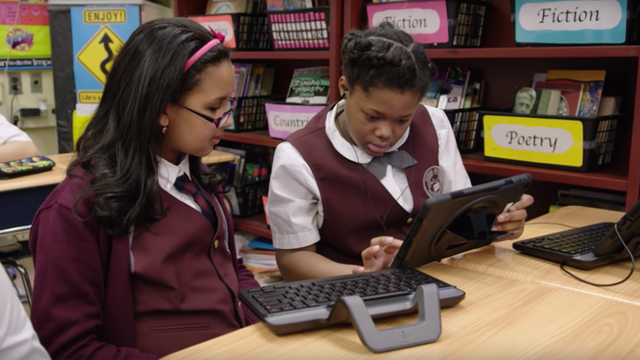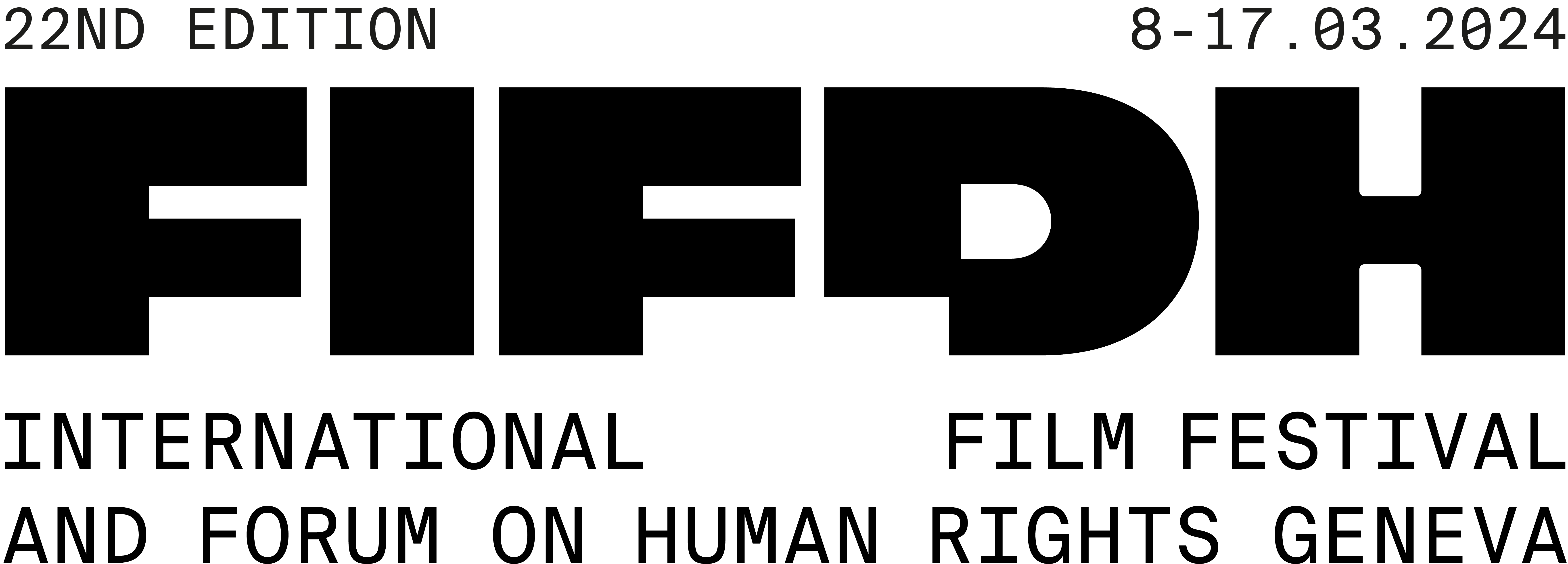Archives - Program 2020
Digital illiteracy: a violation of human rights

Discussion to follow in livestream on fifdh.org
Never has the world been so well connected. Smartphones and digital tools are becoming ever more popular all around the world. But while access is easy, the use of digital technologies remains a challenge to learn and master. Contrary to what is implied by expressions such as "digital children" or "connected generation", no one is born with a natural predisposition to master these tools. This mastery is acquired and requires considerable resources at all levels of society. The increasingly rapid dematerialisation of practical daily life skills and of most public services in Europe and North America threatens to exclude the most vulnerable. At a time when digital illiteracy is widening generational, geographical and gender divides, should the issue not be placed at the heart of human rights?
Without a Net: The Digital Divide in America looks at how technology offers new learning opportunities for students while at the same time emerging as a new cause of exclusion.
Saturday 7 March
16:00
Espace Pitoëff - Théâtre
Co-presented by the Equality and Diversity Department at the University of Geneva and the Organisation Internationale de la Francophonie (OIF)
Introduction
Brigitte Mantilleri Director of the Equality and Diversity Department at the University of Geneva
Speakers
Isabelle Collet Professor in Sciences of Education at the University of Geneva
Rachid Zerrouki Teacher in SEGPA (adapted general and professional teaching)
Moderated by
Claire Balleys Professor of sociology at the Geneva University of Social Work
This debat is preceded by the movie:
Without A Net: The Digital Divide in America
By Rory Kennedy

At a time when American students from economically deprived schools are often ill-prepared for the global, digital economy, Without a Net: The Digital Divide in America, explores how technology can provide opportunities for learning and can help level the playing field. These stories illustrate the complexity of the problems faced by the nation's poorest school districts, and the need for multi-faceted solutions to close the technology gap.
Section Thematic film
- Director(s)
- Rory Kennedy
Producers
- Alexandra Korba
World sales
- Verizon Communications
- Duration
- 56'
- Year
- 2017








